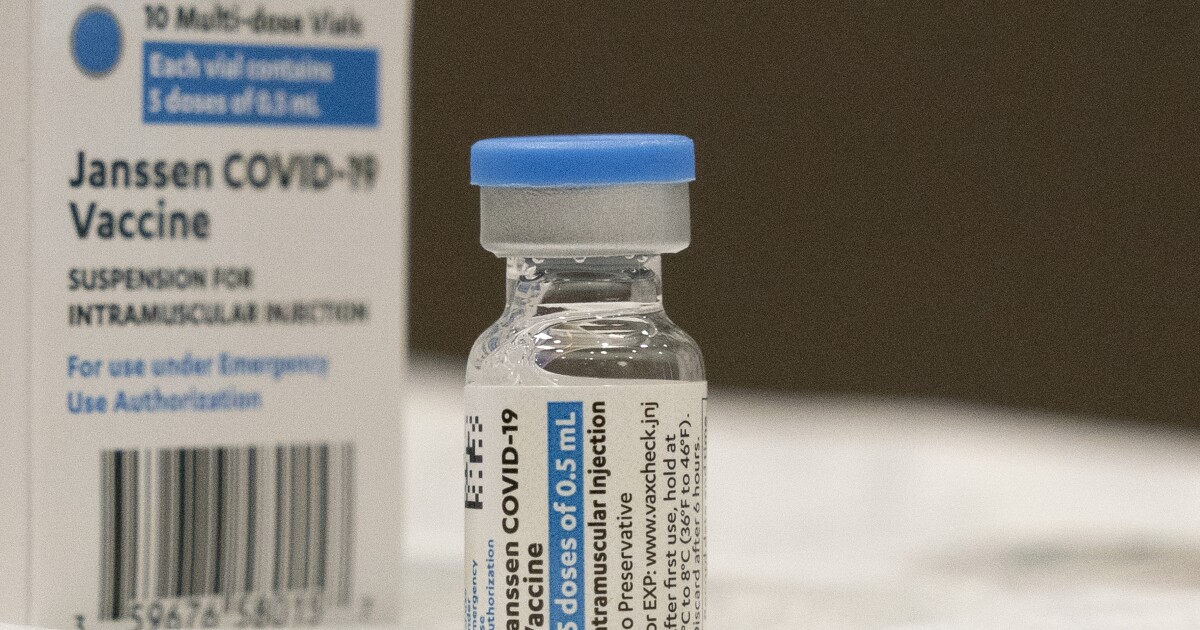US health advisers on Friday recommended a booster dose of the COVID-19 vaccine developed by Johnson & Johnson, citing growing concern that Americans who received the single-dose vaccine do not have the same protection as those in the United States. who received the two-dose vaccines from other drug companies.
Advisors to the Food and Drug Administration (FDA) reviewed J & J’s proposal for a flexible schedule for administering the booster dose. The company said the extra dose offers important protection two months after the initial vaccination, but that it might work better if given up to six months later.
The FDA advisory panel voted unanimously that the booster dose should be offered at least two months after the initial injection, but did not set a strict deadline. The assessors mentioned that there was growing evidence that people who received the J&J vaccine are more vulnerable to contracting the virus than people who received the Pfizer or Moderna vaccines, and that most people received their single dose ago. many months.
Although Friday’s meeting is part of an ongoing evaluation of vaccine booster doses, many of the experts pointed out that it makes much more sense to think of J & J’s vaccine as a two-dose.
“I think this was frankly always a two-dose vaccine,” said Dr. Paul Offit, an advisor to the FDA and who works at Children’s Hospital of Philadelphia. “It would be difficult to recommend this vaccine as a single dose at this time.”
The government said that the three vaccines that were approved in the United States offer strong protection against hospitalization and death from COVID-19, and that the priority is to give the first doses to the 66 million Americans who have not been vaccinated and who are running. the greatest risk. But the J&J vaccine has shown less effectiveness in a number of studies, as infections in already vaccinated people become a greater concern due to the more contagious delta variant of the coronavirus.
“With the second dose, I think it matches the other vaccines in terms of effectiveness,” said Dr. Archana Chatterjee of Rosalind Franklin University.
The FDA is not required to follow the direction of the vote, but its final decision could help expand the country’s booster dose campaign.
___
The Associated Press Department of Health and Science is supported by the Howard Hughes Medical Institute’s Department of Science Education. The AP is solely responsible for all content.
–


